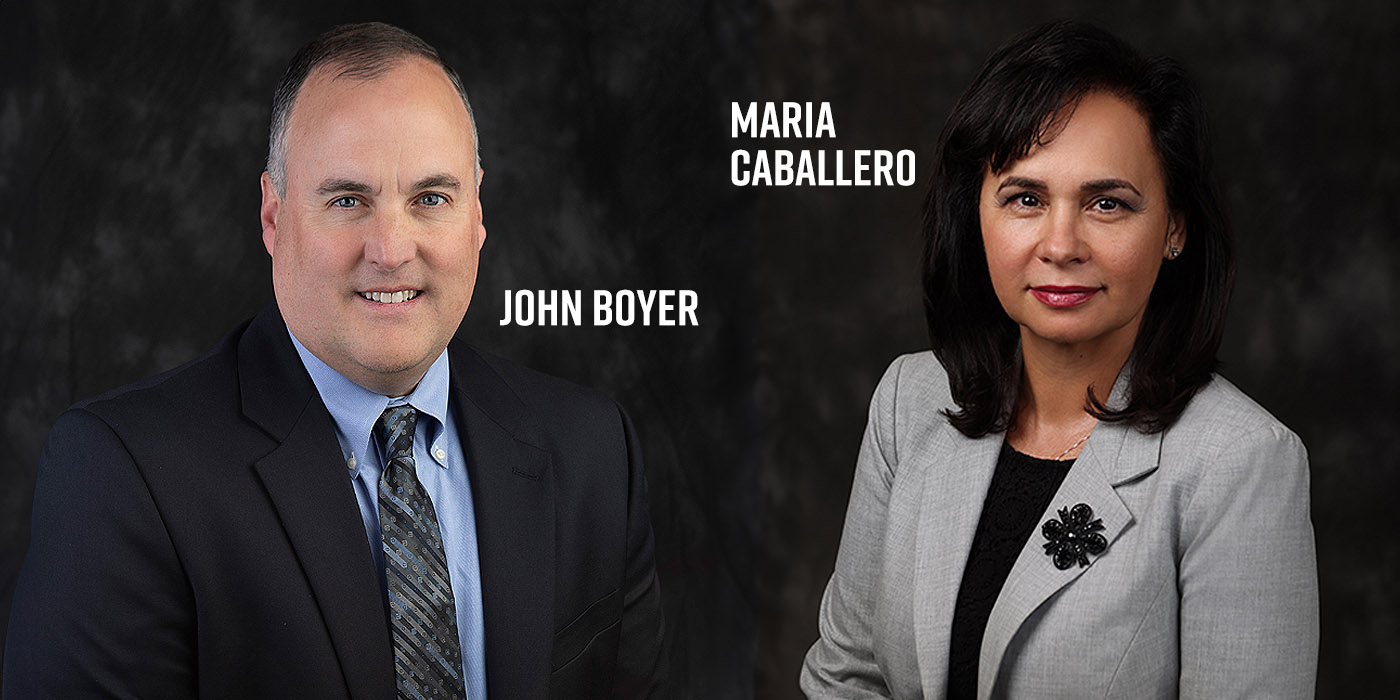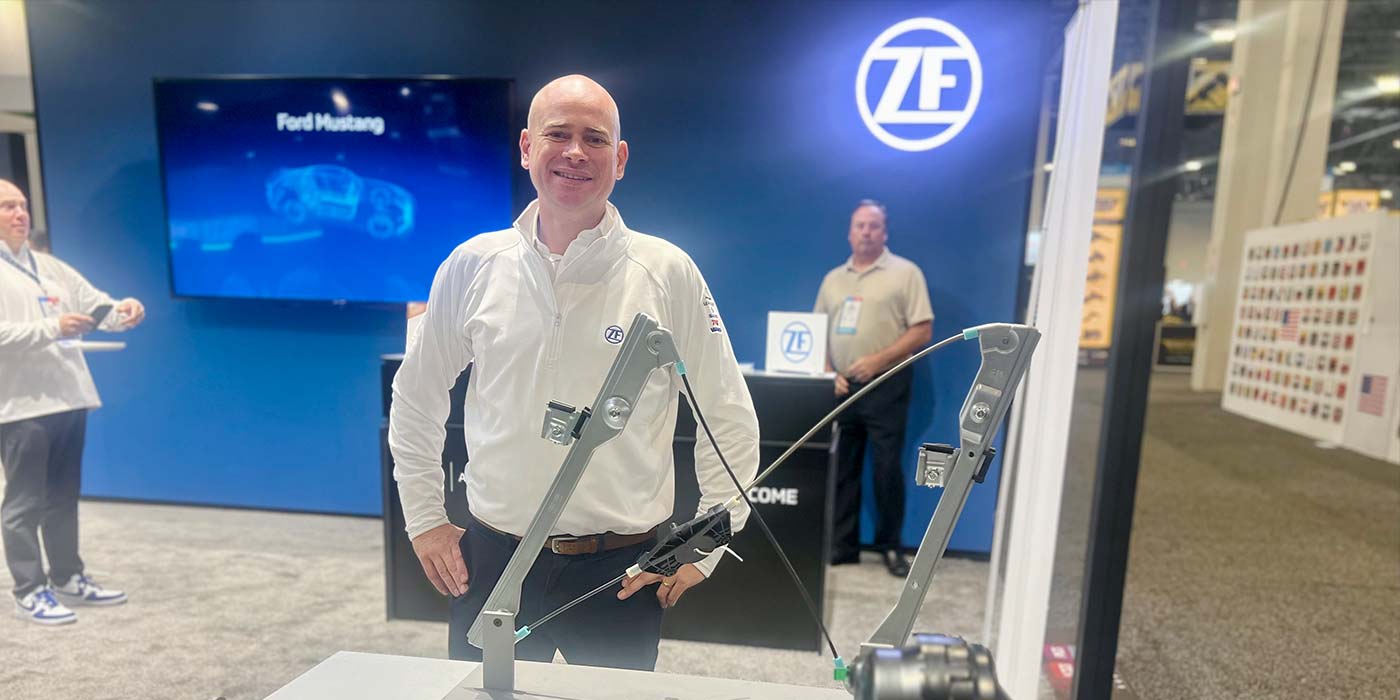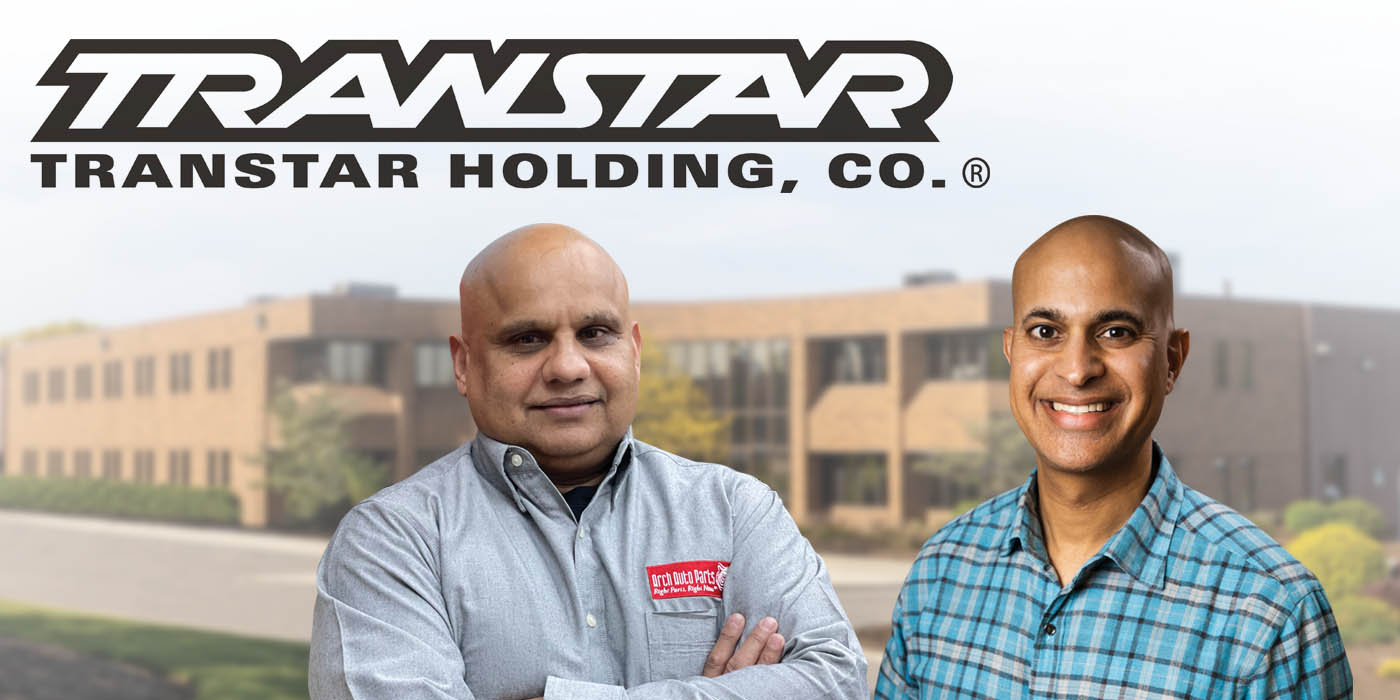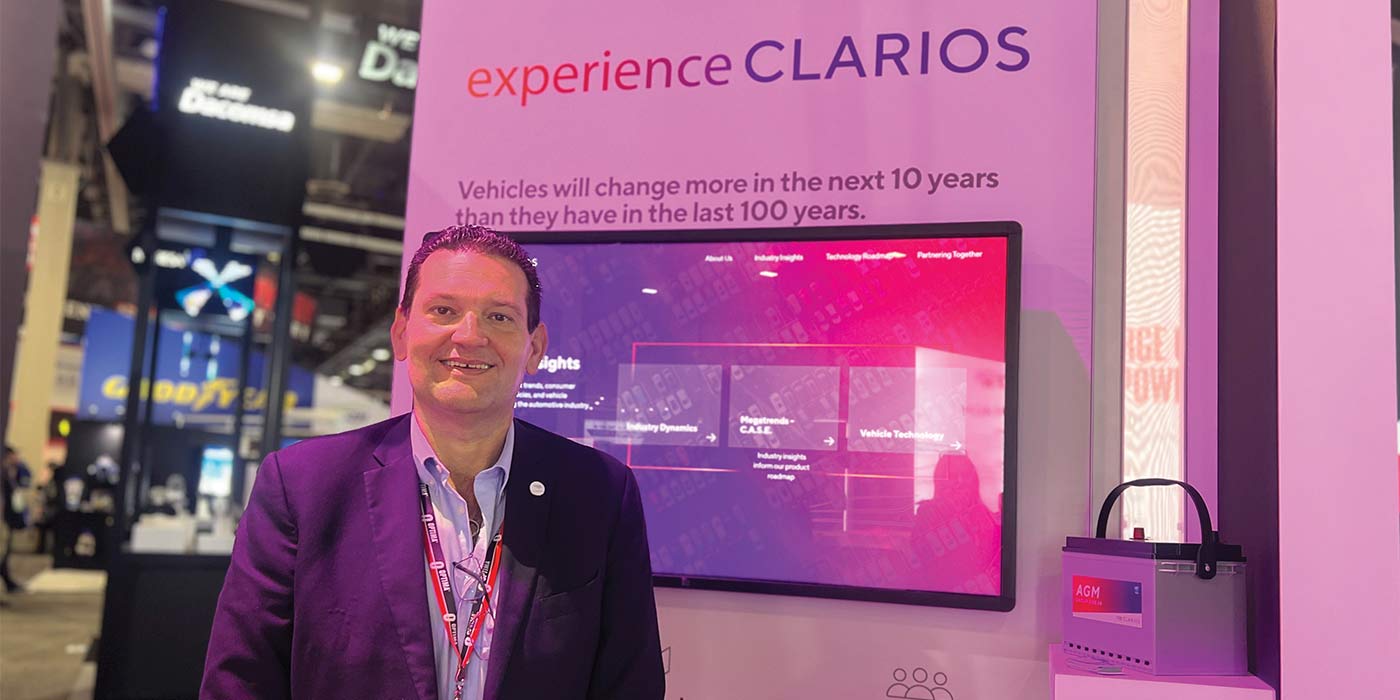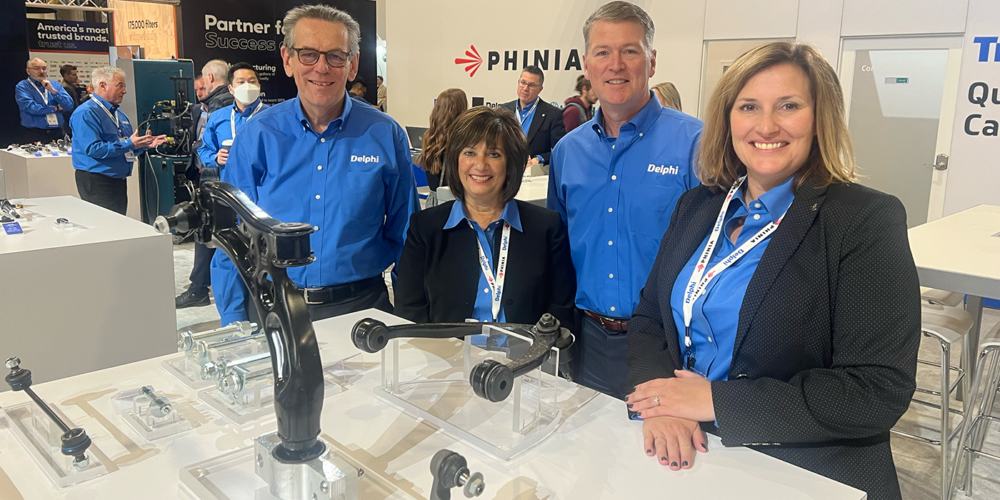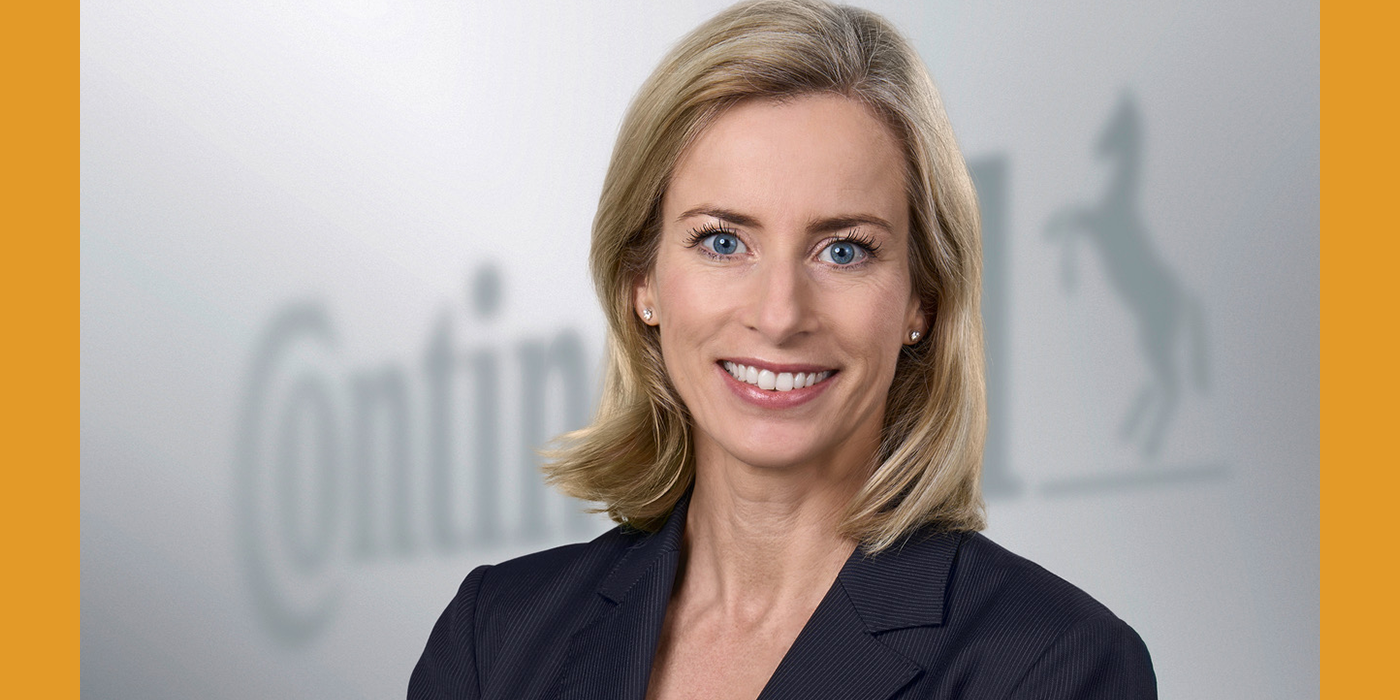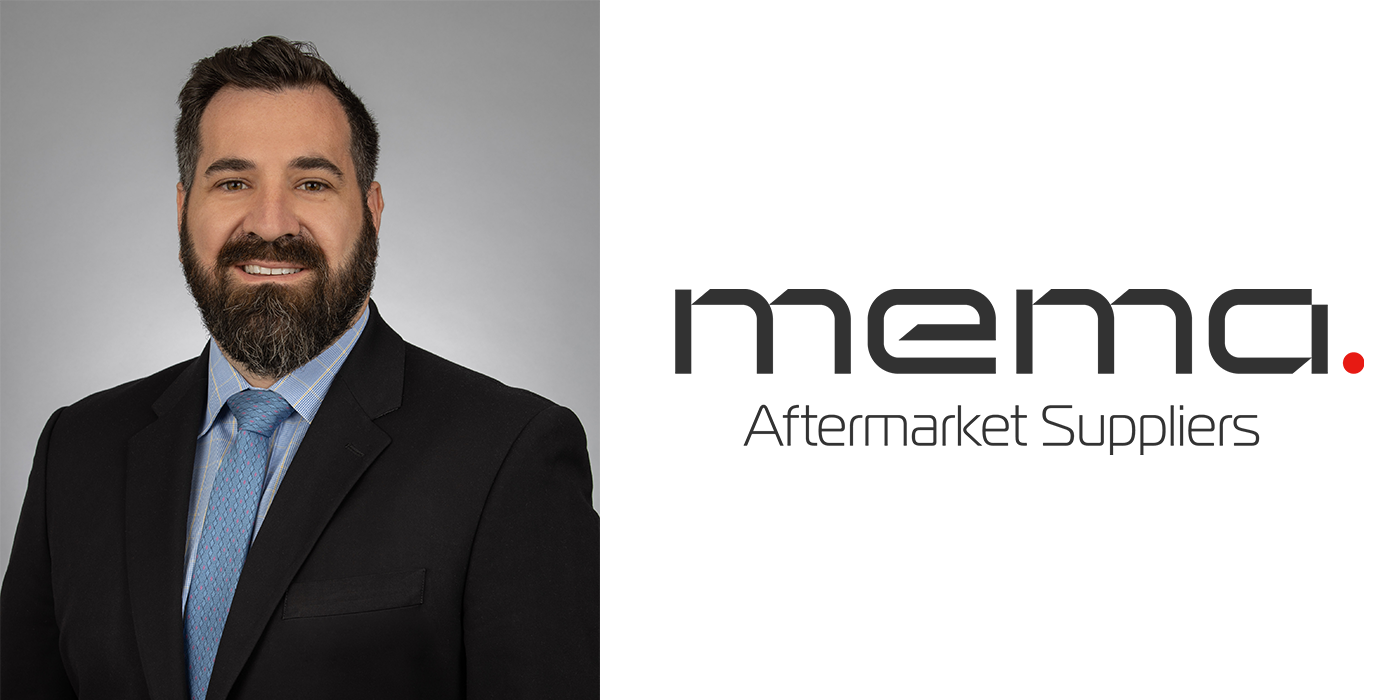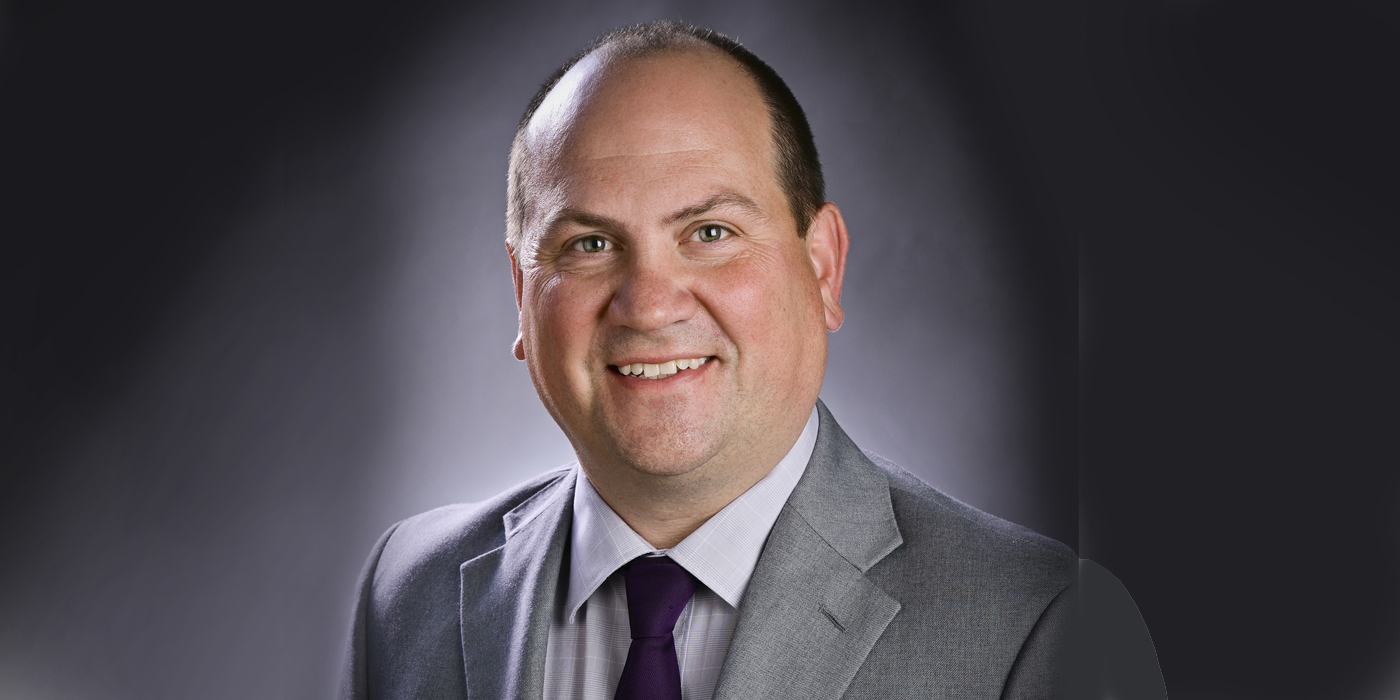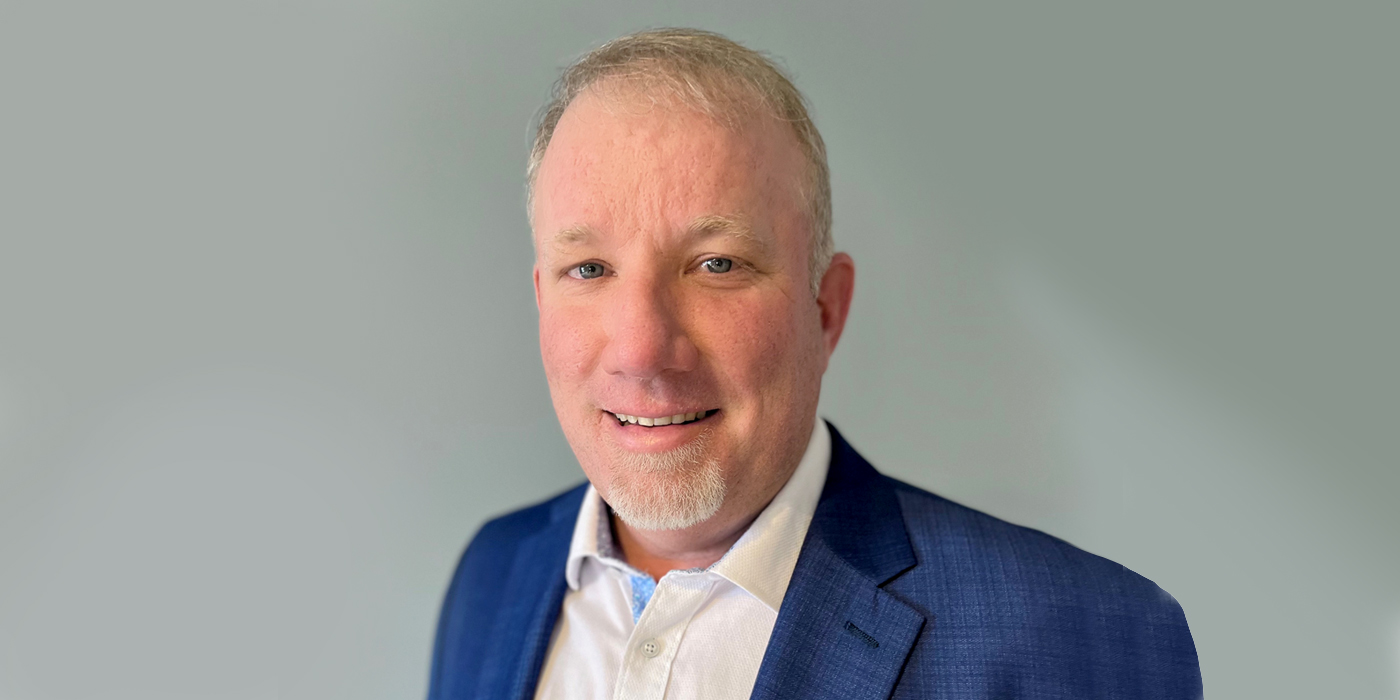
Roger McCollum
ATLANTA, GA —
First off, please give us a brief history of N.A. Williams, your own background, as well as a little about the product lines you rep and in what territories.
N.A. Williams Company is a family-owned manufacturers’ representative firm that specializes in the automotive aftermarket industry and we’ve been in business continuously since 1934. Our core territory has always been the southeastern United States, but over the past several years our manufacturers and customers have asked us to expand into some adjacent areas; primarily in the Midwest. We’re very fortunate to have relationships with some of the industry’s finest manufacturers, several of whom we’ve represented for 40, 50, even 70 years. Our line mix includes application parts, accessories, chemicals, tools and equipment, heavy duty and performance.
I’ve been in the parts business my whole career. My dad managed a jobber business in my hometown of Akron, OH, and I worked there as a kid and during school. After college, I joined a factory represented by N. A. Williams and I was able to join the agency several years later.
Let’s start first with a good basis of understanding when it comes to manufacturers’ reps. What exactly is the scope of responsibility for an independent sales rep?
There are a lot of definitions of a manufacturers’ rep and it’s often a misunderstood profession. We see ourselves primarily as an outsourced sales resource. Reps provide a cost-effective solution to a manufacturer’s sales function. Our responsibilities to our principals are the same as a direct-sales force and that is to serve the customer.
Within the aftermarket, the sales landscape has evolved over the years. We’ve seen a decrease in the number of factory reps and an increase in manufacturers relying on independent reps. What, in your opinion, are the benefits that manufacturer’s reps bring to the table?
There are a lot of reasons why retaining a rep firm makes sense for manufacturers. Reps can be more effective with certain types of accounts and factory-direct people can be better with others. Sometimes a combination works best. I mentioned that reps are cost effective because we split the sales costs among several manufacturers and provide a fixed cost of sales that can be substantially lower than that of a direct-sales team. Reps have long-term continuity in their respective markets particularly with major accounts and often provide a more experienced, knowledgeable and better trained sales person than the factory. Frequency of calls is much greater because of increased personnel. But perhaps the most important benefits are a better understanding of the customer’s business and the synergies realized through the representation of compatible lines. This results in more of a system, consultative and solutions approach to selling and as such, reps are often best suited to manage the relationship between the supplier and the customer. That is, reps can and should be advocates for both parties.
Training has become a critical issue for the aftermarket. With less factory-trained reps out talking to technicians, who is going to fulfill that need?
This is a serious issue and manufacturers’ reps must contribute to the solution along with factories, retailers, WDs and jobbers. There is no substitute for face-to-face contact with the tech. A factory-direct person ideally is best at product knowledge, but reps with compatible lines can be effective with a systems approach, assuming we can afford to get in front of the technician. Most reps attend their customers’ dealer and installer events, and we’ve been able to add a trainer to our staff who is ASE certified in several disciplines. But we need several more like him. I think the distribution side of our business is doing the best at trying to solve the problem. Most large customers and program groups have sophisticated programs providing both technical and business management training. WDs and jobbers have always had outside sales people and several have also absorbed and/or replaced manufacturers’ sales forces with their own in order to reach the technician.
How can N.A. Williams fulfill the need for more jobber and technician calls? Do you have the resources?
That’s a “yes” and “no.” In many cases, we have the critical mass of business with customers so we can afford sales people dedicated exclusively to that customer. In those instances, we try to make that person as technically knowledgeable as possible on the lines we cover and have them spend about 50 percent of their time at the installer level, 30 percent at stores and the balance with distribution center personnel.
How do you handle the challenge of giving a fair amount of time and attention to each product you are charged with selling?
We’ve hired category managers within our company who focus on just a few of our manufacturers whose lines are very synergistic. These folks provide line leadership to our own people and work with key account personnel. They are, in effect, an extension of the manufacturer’s personnel and it is their responsibility to ensure we accomplish the factory’s objectives. Our partners and division sales managers perform much the same function. None have specific account responsibility, but rather they work with our factory regionals and challenge our account executives and service people to get the job done.
As a manufacturers’ rep, you become a middleman of sorts. What, in your opinion, do the manufacturers need to do to improve communications with technicians and jobbers, and in turn, make your job easier or more efficient?
I understand the question but I have to take a second to address the term “middleman.” Reps are not “middlemen” in any sense of the word. We’re not a layer of distribution and we don’t add cost. The sales function and related costs are always present and the rep, who is effective and adds value, provides a cost effective way for that role to be fulfilled.
To your specific question, most of our manufacturers do a good job, through technology, of making information available to technicians and jobbers via websites, training CDs, etc. Getting that information to the people who need it is another story. We do a lot of technician clinics and sales meetings for store personnel, but we need to do a lot more.
With more independent reps working today, how does this impact customer service issues such as warranties, returns and technical support?
Reps should understand and implement factory warranty and return policies and have a solid understanding of technical questions. Most of our manufacturers maintain technical hotlines for both store and installer personnel. Like a lot of reps, we have full time customer service and sales support people in each of our offices and we think we do a pretty good job in this department.
With only a handful of major programmed distribution groups left today, that means fewer buying customers. How has consolidation in the industry impacted your business? Do you foresee a the same situation taking place, with rep firms potentially buying firms in territories they do not cover?
Just as there has been consolidation in distribution and manufacturing, we expect some of that to take place among rep firms. Consolidation occurs in many service professions in the accounting, medical and legal fields. Manufacturers’ representatives are no different and often there are cost savings and efficiencies that can be realized through mergers and acquisitions.
However, local market knowledge and long-term continuity are among the most important reasons why reps are effective. So, while we believe rep consolidation and expansion will take place, our industry will always have stable and financially sound regional rep firms.
Because of fewer buying customers in automotive, many reps including ourselves, have begun to serve alternate markets, such as hardware, heavy-duty, performance and farm as a way to diversify. As much as possible, however, we’ve tried to do so with personnel dedicated to those markets so as not to dilute the effectiveness of current sales people.
Going forward, how do you expect the aftermarket sales environment to be populated?
There will continue to be factory direct sales forces and/or account executives because that’s the best solution for certain manufacturers. We think customers will continue to expand their outside selling efforts and some of that may be directly supported by suppliers. At the same time, the environment for reps has never been better, but like all things, it’s changing rapidly.
I recently read an article on “What B2B Customers Really Expect.” It was written by two partners at Infoteam Sales Process Consulting. The article compared what customers really expect from sales people with what vendors think customers expect, but I only passed along the customers’ expectations to our sales team.
According to the study, customers put subject matter and solution expertise at the top of their list of important qualities. That was followed by understanding of the customer’s business and industry. Also, listed was professionalism as defined by integrity, reliability and responsiveness along with consultative skills and creativity. If reps can deliver those attributes and do so in a cost effective manner, they will provide value to both their customers and principals and enjoy a bright future in return.
_______________________________________
Click here to view the rest of today’s headlines.

